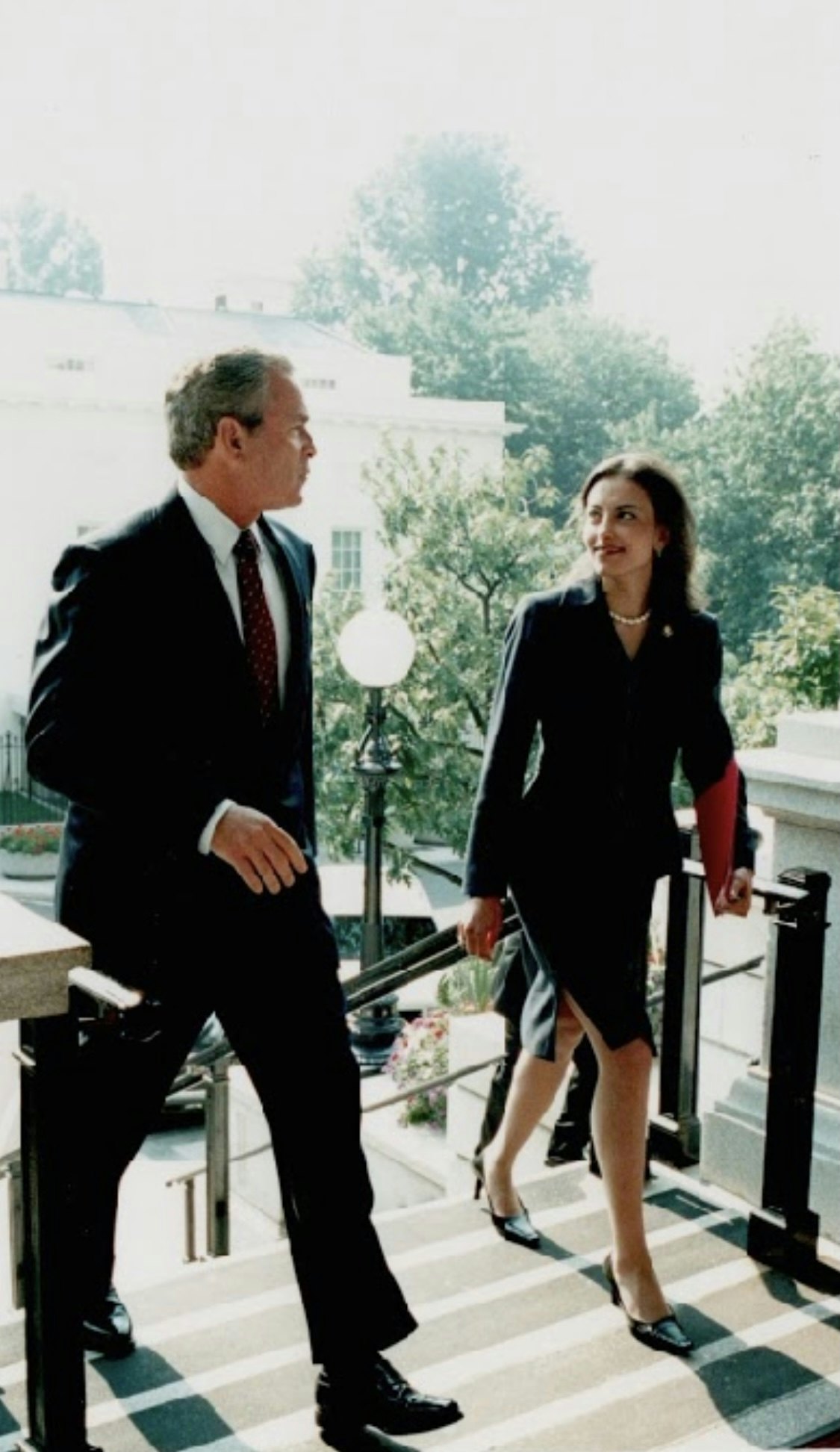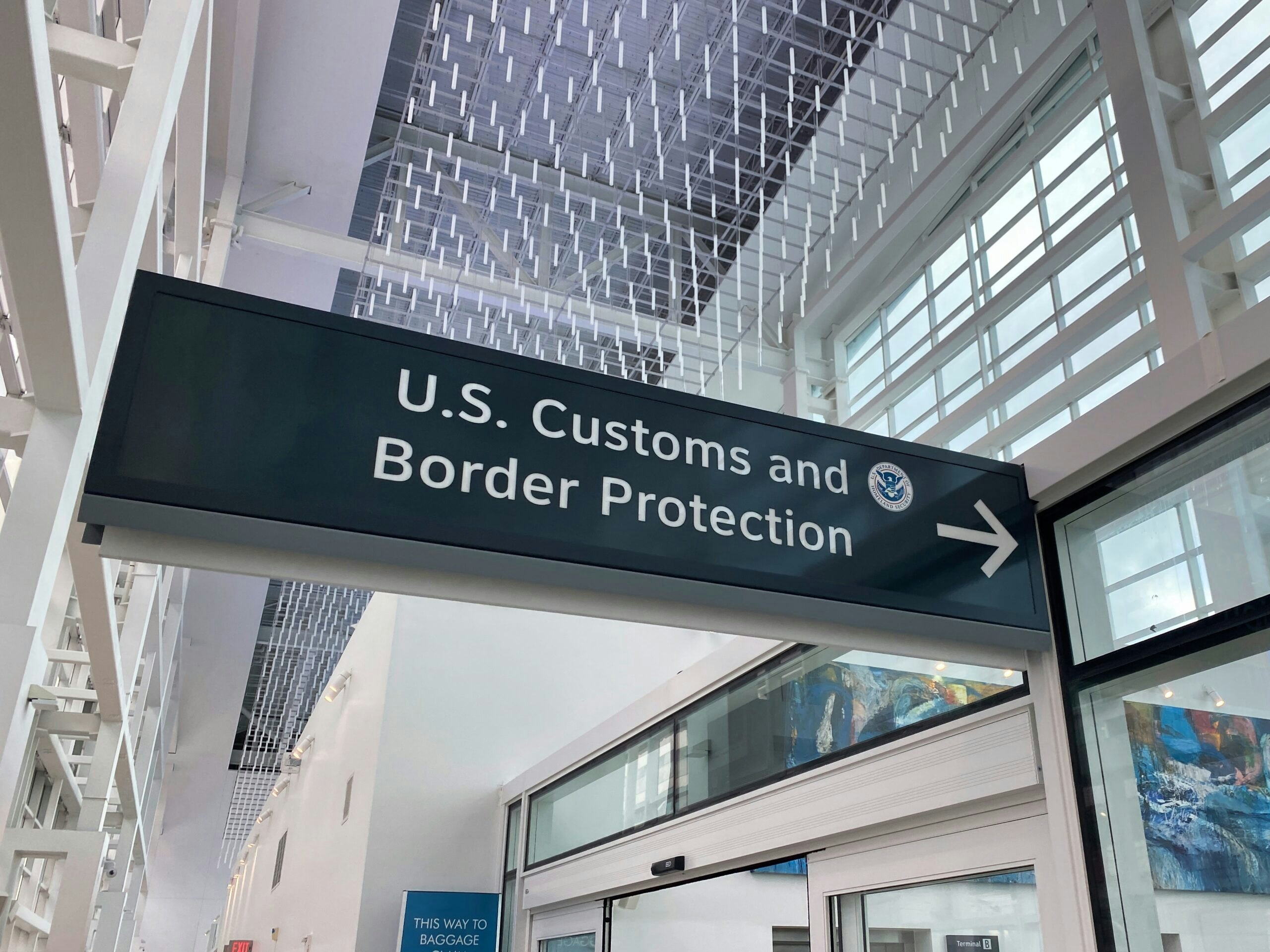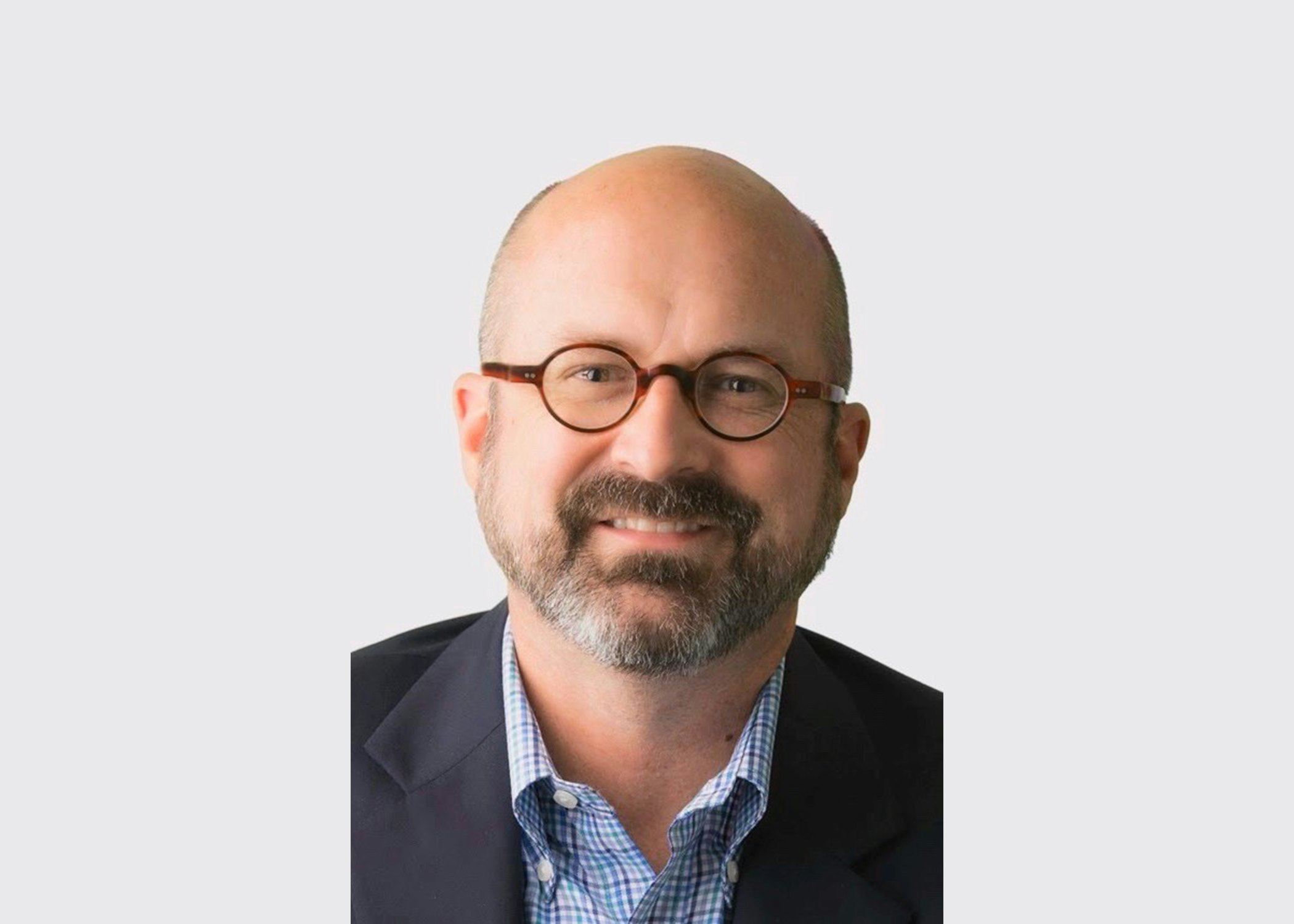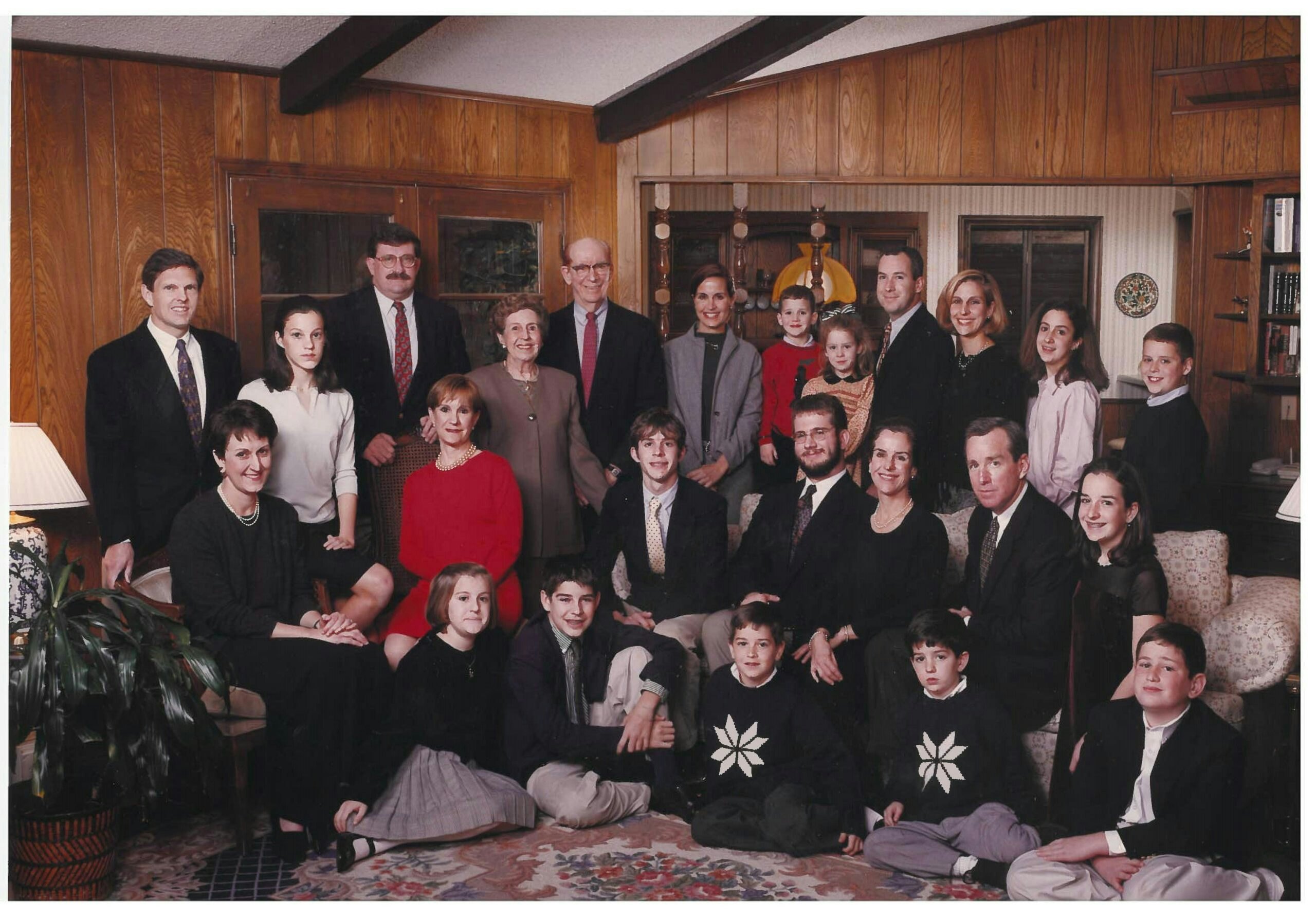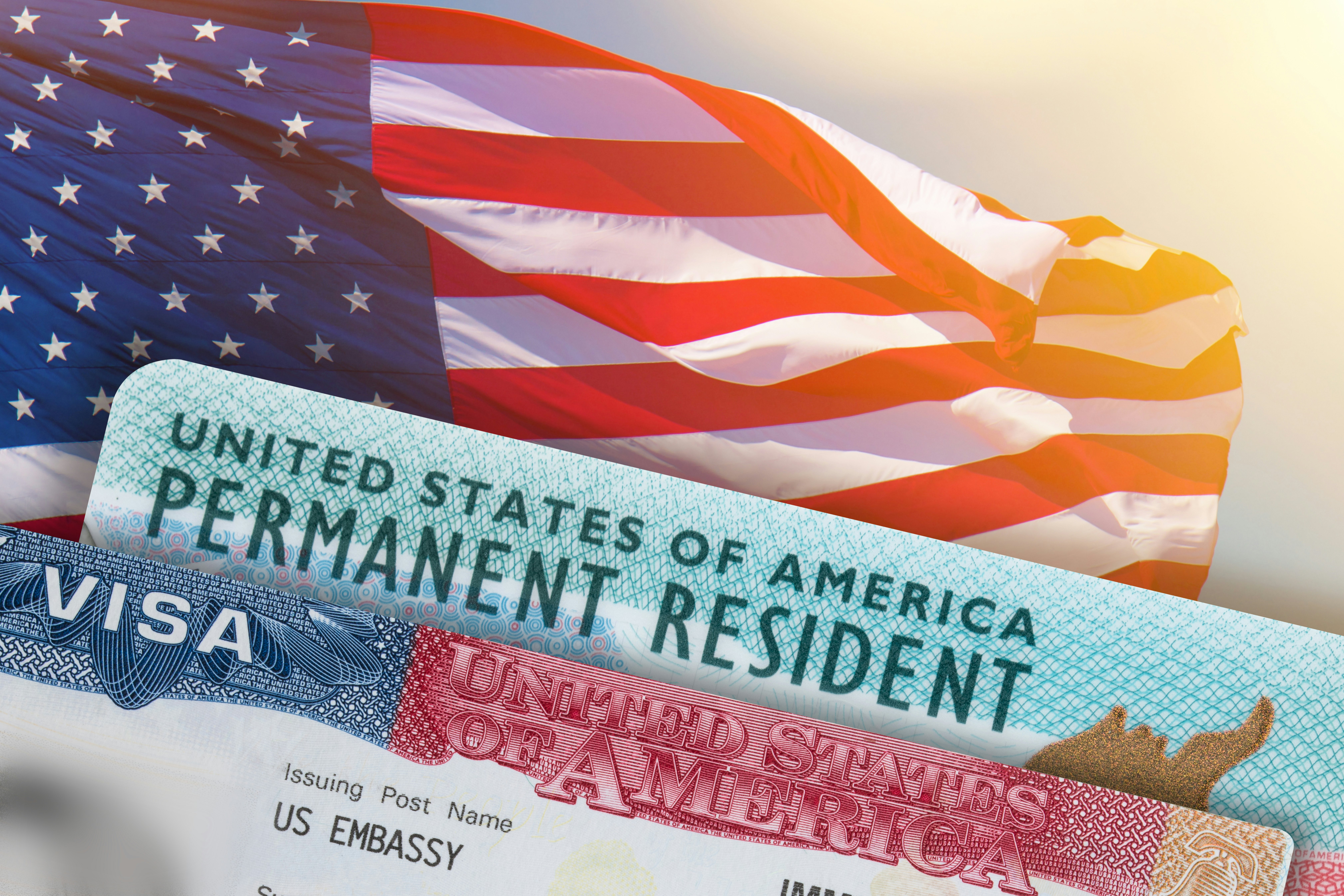Dina Powell came to the U.S. from Cairo, Egypt as a child, knowing no English. The family settled in Dallas, where they had relatives. Her parents worked multiple jobs so that she and her sisters could learn English and attend great schools, including the University of Texas. From those humble beginnings, by age 27 Dina was a White House advisor. In this month’s installment of “Five Questions With…” Dina reflects on her journey and shares a powerful personal story from her time at the White House.
Dina Powell came to the U.S. from Cairo, Egypt as a child, knowing no English. The family settled in Dallas, where they had relatives. Her parents worked multiple jobs so that she and her sisters could learn English and attend great schools, including the University of Texas. From those humble beginnings, by age 27 Dina was a White House advisor. Her extraordinary story is featured in President Bush’s new book, Out of Many One: Portraits of America’s Immigrants.
Today, Dina is Global Head of sustainability and inclusive growth at Goldman Sachs, where she serves on the Management Committee and the Firmwide Client and Business Standards Committee. She also recently joined the board of the Bush Foundation. In this month’s installment of “Five Questions With…” Dina reflects on her journey and shares a powerful personal story from her time at the White House.
Q: How did growing up in an immigrant family shape your life and your career?
My mom and dad came to the United States, worked many jobs, and sacrificed a great deal, so that me and my sisters could reach our full potential. Eventually my mom received her Masters degree at the University of Texas at Dallas and became a successful psychologist and social worker who impacted so many lives and my dad became a successful entrepreneur.
And while they were so proud and humbled to raise their children in America and to become Americans themselves, they always wanted us to retain our heritage, our Coptic Christian faith, and our understanding of Egyptian culture.
Appreciating and understanding both the language and culture of the region of my birth really allowed me to grow in my career in ways I couldn’t have imagined, especially serving in the Bush Administration in the White House and the State Department after the tragedy of 9/11 and working for President Bush and Secretary Rice on issues of national security in the region.
Q: What do you wish people better understood about immigrants and immigration?
Immigrants make up a large part of the fabric of our country. Not only do people come to this country with a hope of a better future but they also add a great deal to America. Three of the pharmaceutical companies that developed the effective COVID-19 vaccines were founded by immigrants. Some of the greatest technological advancements in our country were made possible by immigrants.
It is also very clear from a national security perspective, we must have secure borders and in order for America to remain globally competitive, we want to continue to attract the best and the brightest. That is an advantage that our country has that no other nation in the world can claim.
Q: President Bush painted you and told your story in Out of Many, One. How do you feel about being included and how important is this book?
I actually couldn’t believe it when I received the phone call that I would be one of the paintings in President Bush’s book. It is truly one of the most humbling and greatest honors I could imagine. My parents cried when I told them, and when Dave and I told our six teenage daughters, “they were even impressed!”
But it isn’t just the painting that means so much to me – it’s the years of serving President and Mrs. Bush. Those nearly eight years were among the most meaningful years of my life. As an immigrant, I was not only given the opportunity to serve my country, but to do so for a President and Administration that I admired and respected so greatly.
Q: You worked on many initiatives in the Bush Administration, including the economic empowerment of women, and initiatives like PEPFAR when you were at the State Department. Please tell us about your years working on those initiatives.
It was a privilege to have the opportunity to work on these critical issues. I believe one of the greatest legacies for President and Mrs. Bush is their leadership and work to save millions of lives in Africa through PEPFAR, as well as to empower women globally – work that continues to this day with the Bush Institute.
Q: Can you leave us with a leadership lesson or favorite story from your time in the administration?
One story that I remember very fondly is from my early days working in the White House. My father and I were lined up with some other staff on the South Lawn to wait as Marine One landed. We of course expected that President Bush would wave at all of us, and continue into the Oval Office. Instead, to my surprise, and certainly to my father’s surprise, President Bush walked straight up to my father. The president said, “You must be Mr. Habib. I just wanted to tell you that you raised a great girl, and she is a very important advisor to me.”
I was shocked and I could see tears well up in my father’s eyes. He looked at me and remarked, “There really is no other country in the world where a man can bring a four-year-old daughter who doesn’t speak a word of English and watch her one day serve the president of my adopted country.” That moment meant the world to him and to me.

